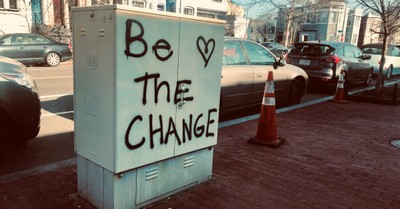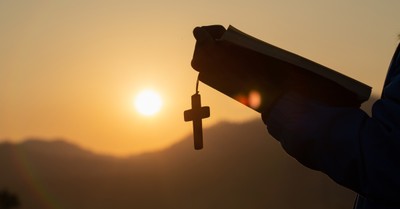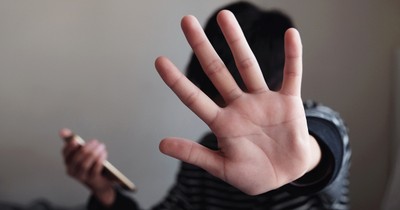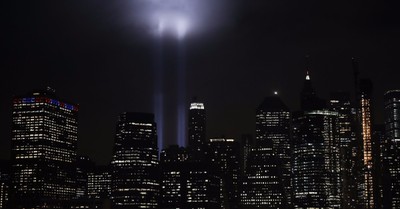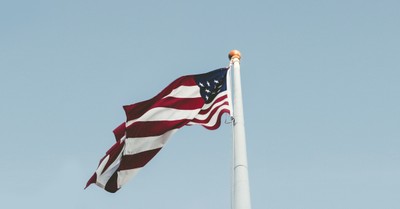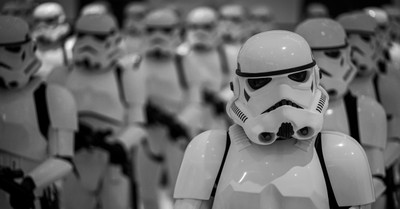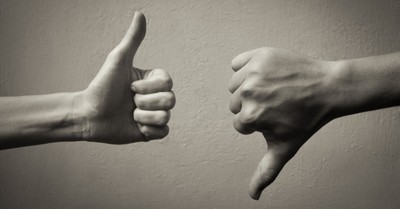Jacob Wolf, a government professor at Regent University who formerly taught at Princeton, writes in Public Discourse that "Democracy, like many good things, is destroyed if it is elevated above all else. Democracy is valuable to the extent that it is placed in its proper position and context—bounded and balanced by other elements. As Edmund Burke wisely noted, one does not obtain liberty, equality, and self-government by merely letting go of the reins; these things require a complex system of incentives, punishments, and checks and balances that parallel the complexities of human nature. Our Founders understood this far better than do the democratists.
He concludes that “democracy is ineradicably religious; the question that remains is whether religion can bolster democracy without being swallowed up by it.”
I consider this question to be the foundational issue of our time.
